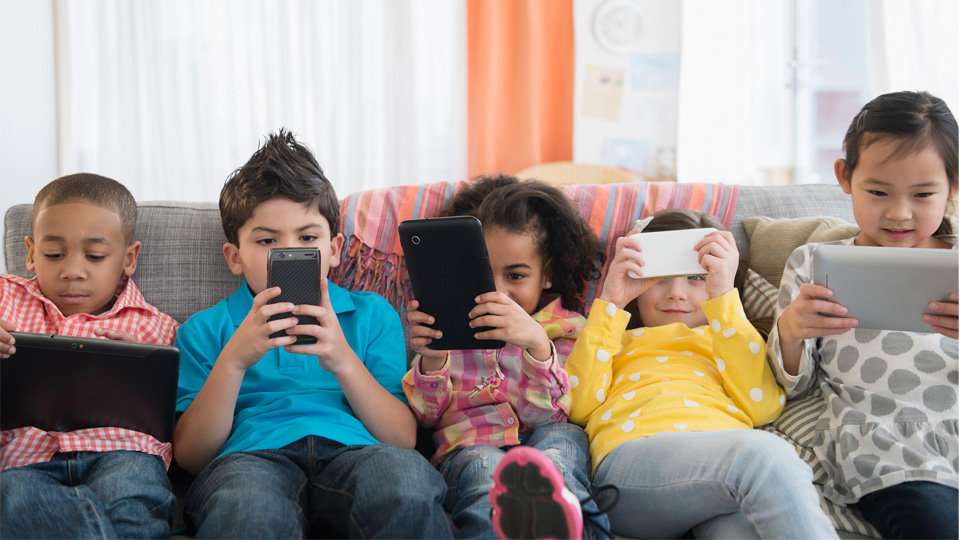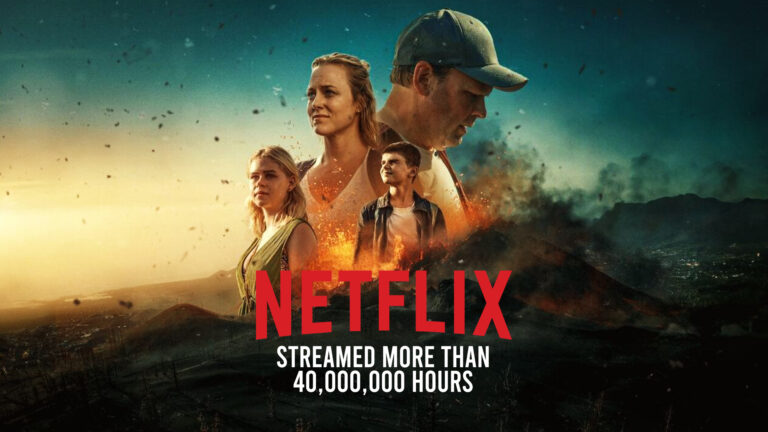The Impact of Social Media on Our Lives, Navigating the Digital World Safely

Social media has become a defining part of modern life, shaping how we connect, share information, and even view ourselves. Platforms such as Facebook, Instagram, Twitter, TikTok, and LinkedIn have transformed the way we communicate, access news, and express creativity. While social media has brought numerous benefits, it also raises concerns about privacy, mental health, and the spread of misinformation. As we continue to navigate this digital age, it’s essential to understand both the advantages and risks of social media and learn how to use it responsibly and safely.
The Positive Impact of Social Media
- Enhanced Communication and Connectivity
Social media has revolutionized communication, making it easier to connect with others across the globe. Whether it’s staying in touch with family, collaborating with colleagues, or meeting new people with shared interests, social media fosters connectivity. It breaks down geographical barriers, allowing individuals to stay in constant communication and share experiences, opinions, and updates, regardless of their physical location. - Access to Information and Education
One of the key benefits is the access it provides to information. Platforms like YouTube and LinkedIn have become valuable resources for learning new skills, advancing careers, and staying updated on current events. Social media also plays a crucial role in raising awareness about social issues, enabling movements to gain traction and spark global conversations on topics such as climate change, equality, and human rights. - Opportunities for Self-Expression and Creativity
Social media offers a platform for individuals to express their creativity and showcase their talents. From artists and photographers to content creators and influencers, social media allows people to share their work with a global audience. This democratization of creativity enables anyonewith access to the internet to build a personal brand, engage with followers, and gain recognition for their skills and passions.
The Negative Impact of Social Media
- Mental Health Concerns
While can foster connection, it can also have a negative impact on mental health. The constant exposure to idealized images and lifestyles can lead to feelings of inadequacy, anxiety, and low self-esteem. Social comparison—comparing one’s life to the curated posts of others—can contribute to depression, especially when individuals feel they don’t measure up. Additionally, excessive use of social media can lead to addictive behaviors, impacting productivity and causing feelings of burnout or isolation. - Privacy Risks and Security Threats
With the vast amount of personal information shared online, privacy risks are a growing concern. Users often overshare personal details without fully understanding the consequences, making them vulnerable to data breaches, identity theft, and hacking. It platforms track user activity and collect data, raising questions about how that information is used and shared. It’s important to regularly review privacy settings and be cautious about the content shared online to protect personal data. - Misinformation and Polarization
The spread of misinformation on social media is one of the most pressingissues in today’s digital landscape. Fake news, rumors, and unverified content can quickly go viral, shaping public opinion and influencing political discourse. Additionally, algorithms tend to create echo chambers by showing users content that aligns with their existing beliefs. This can lead to greater political polarization, making it harder for people to engage in constructive, open discussions.
Navigating the Digital World Safely
- Protecting Your Privacy
Safeguarding privacy is crucial when using it. Adjusting privacy settings on accounts, limiting the amount of personal information shared, and being cautious about geotagging and location sharing can help protect users from unwanted exposure. Additionally, using strong passwords and being mindful of the apps and services linked to social media accounts can reduce security risks. - Managing Screen Time and Mental Health
To reduce the negative impact on mental health, it’s important to set boundaries for screen time. Taking regular breaks, engaging in offline activities, and practicing mindfulness can help improvemental well-being. If social media use starts to feel overwhelming, seeking support from a mental health professional can help individuals manage feelings of anxiety, depression, or stress.
Conclusion
Social media has significantly impacted our lives, offering both opportunities and challenges. While it connects us, informs us, and allows us to express ourselves, it also raises concerns about privacy, mental health, and misinformation. By using social media responsibly—protecting privacy, managing time spent online, and critically evaluating the information we encounter—we can navigate the digital world safely and ensure that social media continues to enhance our lives in meaningful ways.






